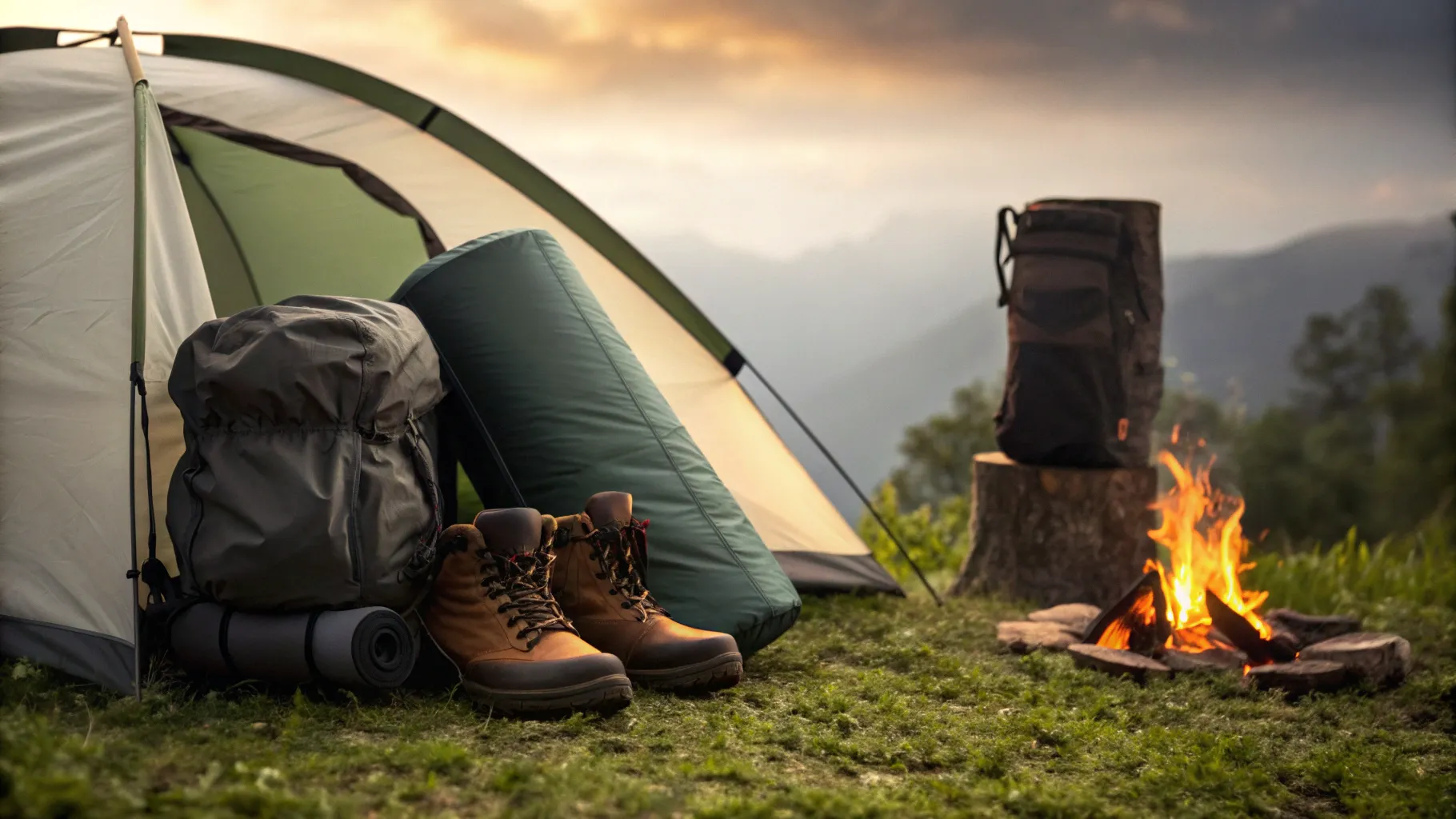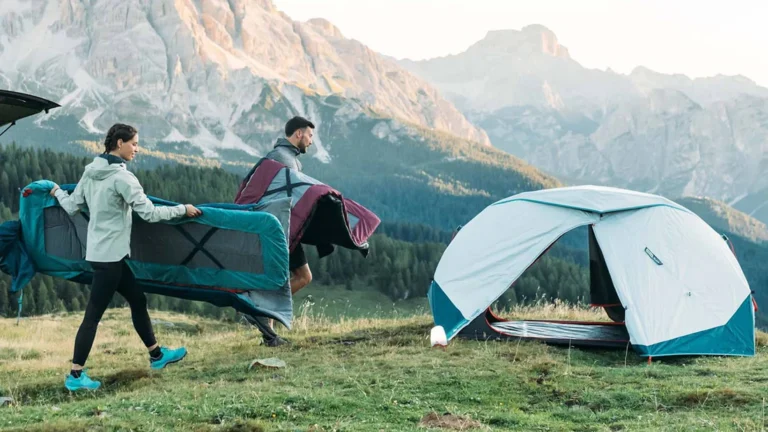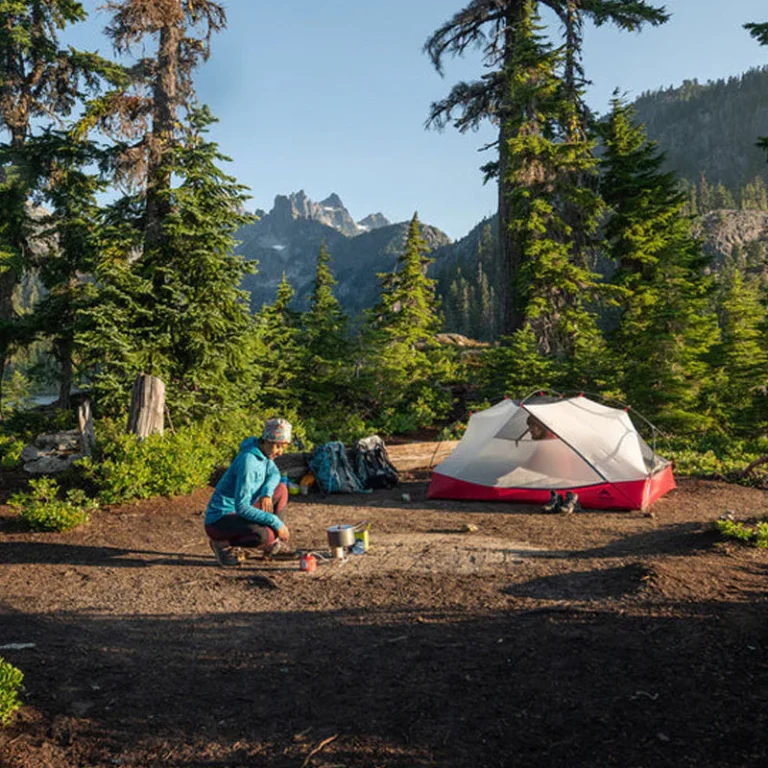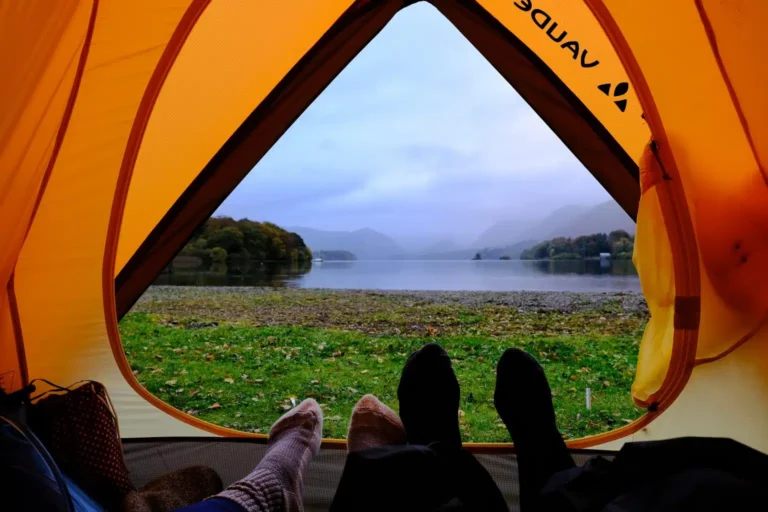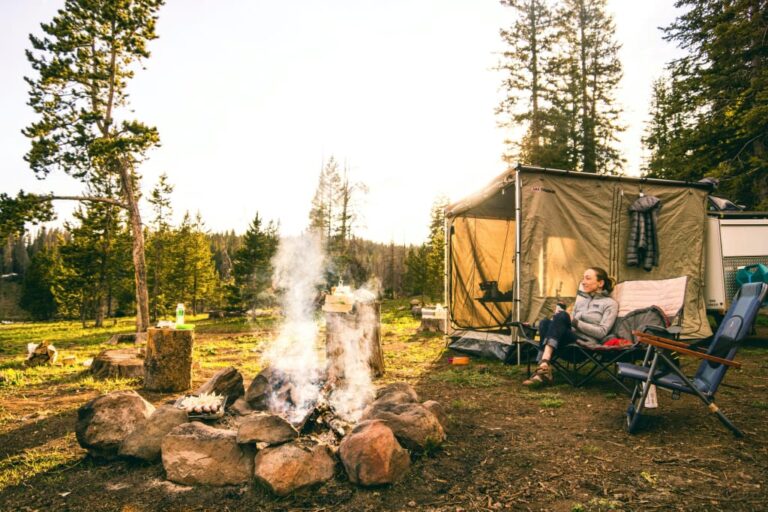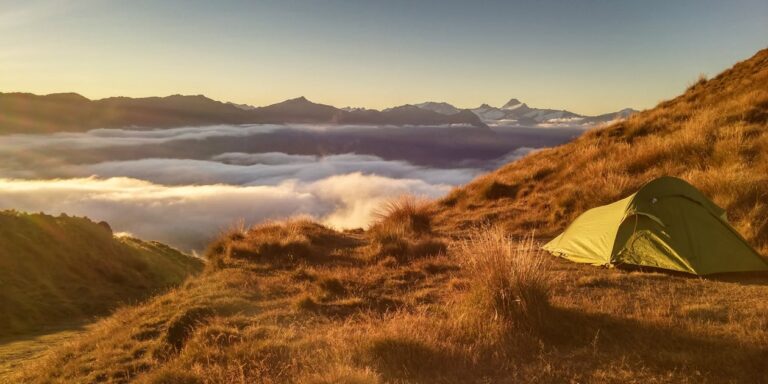A Complete Guide for Adventurers on What to Bring on a Camping Trip
For adventurers, venturing into the wild is one of the most fulfilling experiences. Being organized can make the difference between a stress-free and a stressful adventure, whether you’re planning a road trip with a few camp stops along the way, a week in the mountains, or a weekend in the forest. Here’s a comprehensive guide to camping gear to help you pack wisely.
1. Shelter and Sleeping Essentials
- Tent – Choose one suited to the number of people in your group, with good weather resistance.
- Tent Footprint or Groundsheet – Protects your tent floor from moisture and sharp rocks.
- Sleeping Bag – Rated for the season and temperature you’ll be camping in.
- Sleeping Pad or Air Mattress – Adds comfort and insulation from the cold ground.
- Pillow – A camping pillow or just a stuff sack filled with clothes works fine.
- Tarp or Rainfly – For extra rain protection or to create a shaded hangout area.
2. Cooking and Food Supplies
- Portable Stove or Campfire Setup – Depending on the campsite rules.
- Fuel and Matches/Lighter – Waterproof matches or a windproof lighter are best.
- Cookware – A pot, pan, and kettle depending on your meal plan.
- Utensils – Spork, knife, spatula, and tongs.
- Plates and Cups – Reusable options are eco-friendly and sturdy.
- Cooler and Ice Packs – To keep perishables fresh.
- Food Storage – Dry bags or bear-proof containers if you’re in wildlife areas.
- Dishwashing Kit – Biodegradable soap, sponge, and a small basin.
3. Clothing and Footwear
- Moisture-Wicking Base Layers – Keep sweat off your skin.
- Insulating Mid Layers – Fleece or down jacket for cooler nights.
- Outer Shell – Waterproof and windproof jacket.
- Comfortable Pants/Shorts – Quick-dry fabric works best.
- Hiking Boots or Shoes – Durable, supportive, and weather-appropriate.
- Camp Shoes or Sandals – For relaxing at the campsite.
- Socks and Undergarments – Always pack extras.
- Hat and Gloves – For sun or cold weather protection.
- Rain Gear – Poncho or rain jacket is a must.
4. Navigation and Safety Gear
- Map and Compass – Don’t rely only on your phone.
- GPS Device or Phone with Offline Maps – Handy for tracking routes.
- First Aid Kit – With bandages, antiseptic wipes, pain relievers, and any personal medication.
- Headlamp or Flashlight – Always pack extra batteries.
- Multi-tool or Knife – Useful for cooking, repairs, and emergencies.
- Whistle – For signaling in case you get lost.
- Emergency Blanket – Compact but lifesaving in cold conditions.
- Fire Starter Kit – Waterproof matches, lighter, or fire starter blocks.
5. Food and Hydration
- Reusable Water Bottles – Carry plenty of water.
- Hydration Bladder – Convenient for hikes.
- Water Filtration System or Purification Tablets – Crucial for backcountry camping.
- Non-Perishable Foods – Trail mix, granola bars, dehydrated meals, canned goods.
- Snacks – Quick energy boosters for the trail.
6. Personal and Comfort Items
- Toiletries – Toothbrush, toothpaste, biodegradable soap, toilet paper.
- Towel – Quick-dry microfiber towels are best.
- Insect Repellent – Essential in summer months.
- Sunscreen and Lip Balm – Protect your skin from UV damage.
- Camp Chair or Hammock – For relaxing at your site.
- Notebook and Pen – To journal your adventure.
- Camera or Binoculars – Capture moments and enjoy nature.
7. Optional but Handy Gear
- Solar Charger or Power Bank – Keep your devices charged.
- Rope or Paracord – Useful for clotheslines, repairs, or emergencies.
- Fishing Gear – If you’re near a lake or river.
- Board Games or Cards – Great for evenings around the fire.
- Lantern – Provides ambient light for your campsite.
Pro Packing Tips
- Make a Checklist – Check off items as you pack.
- Pack Light, But Don’t Skimp – Carry only what you’ll really use.
- Think Layers for Clothing – Easier to adjust to changing weather.
- Distribute Weight Smartly – If hiking, put heavy items close to your back in your backpack.
- Leave No Trace – Pack out everything you bring in.
Final Thoughts
Camping is about balancing adventure with preparation. The right gear ensures you stay safe, comfortable, and ready for whatever nature brings your way. Pack wisely, double-check your essentials, and most importantly—enjoy the journey.

